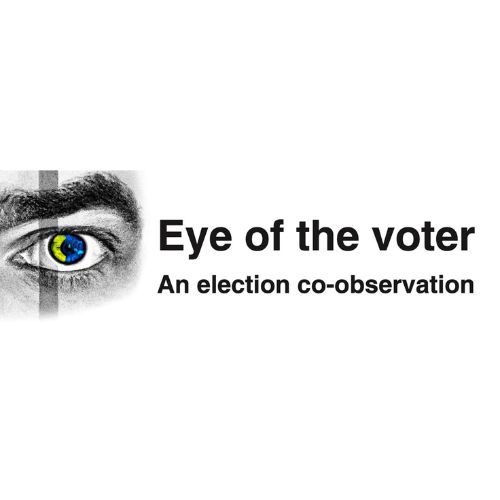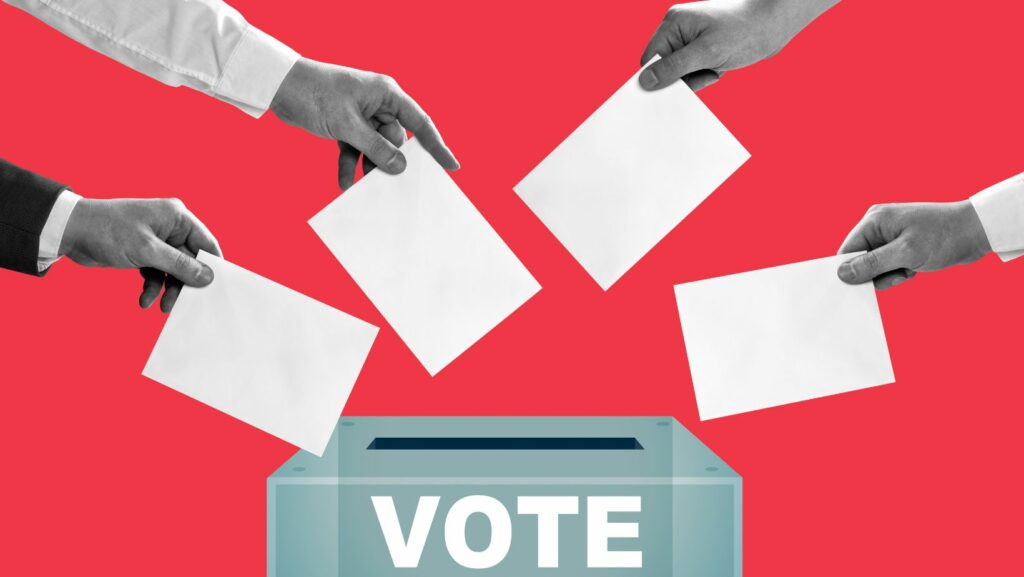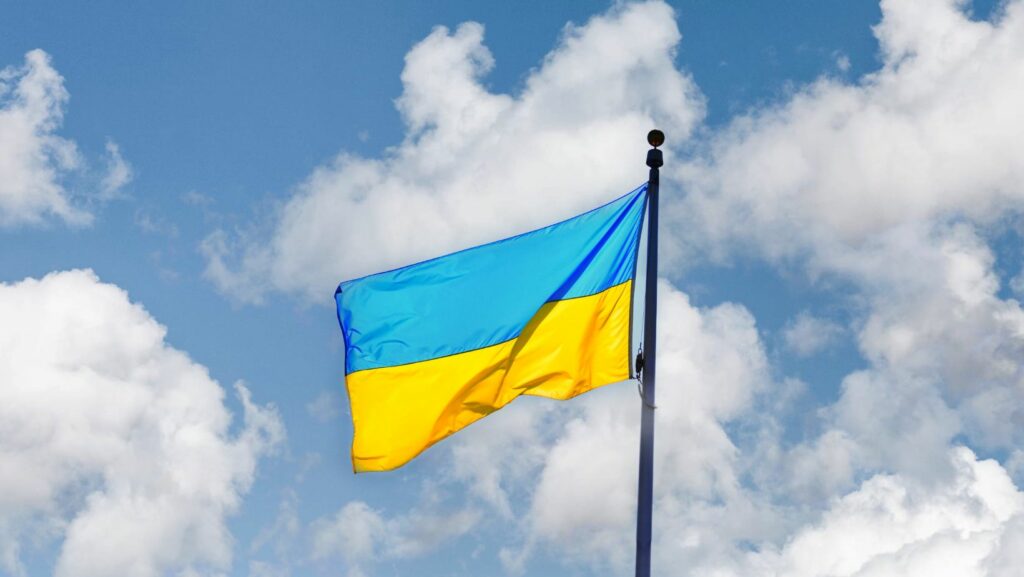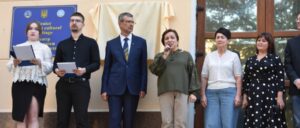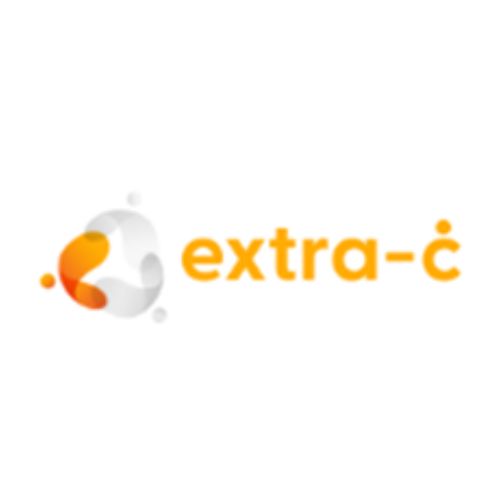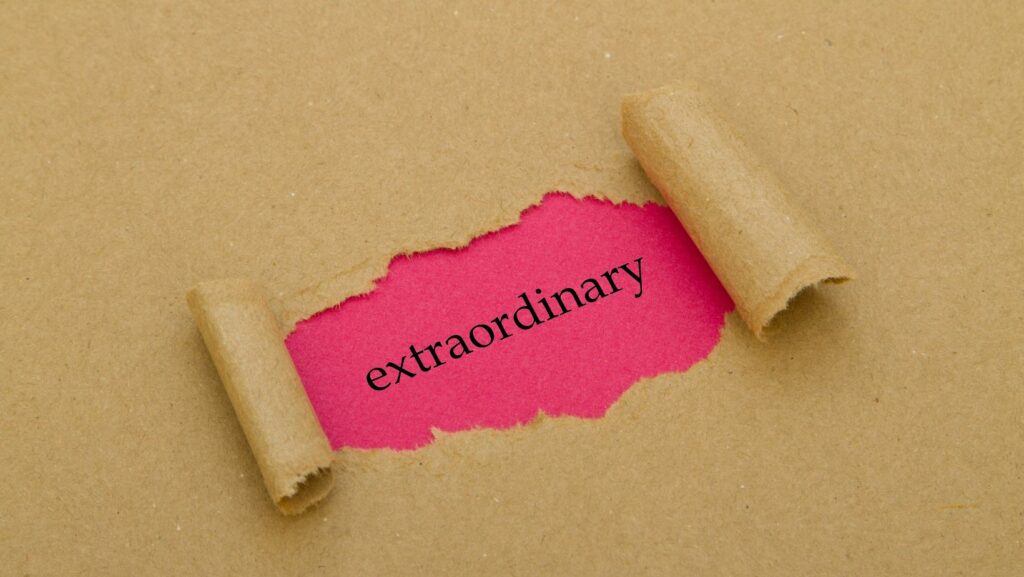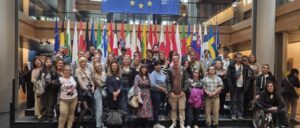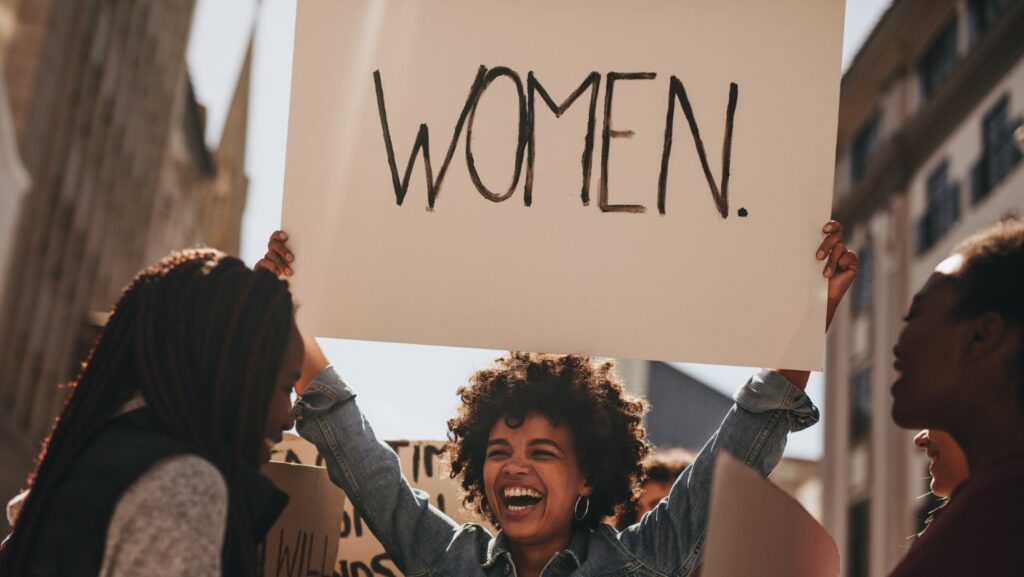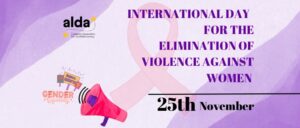We are delighted to announce that the city of Trento (Italy), #ALDAmember, is this year’s European Volunteering Capital. An important milestone that certifies the commitment of the entire community of Trento in promoting volunteering, European values and active citizenship.
The proclamation of this status took place on 5 December during the World Volunteer Day, with Trento taking over from Trondheim (Norway) and becoming the second Italian city to hold this role after Padua in 2020.
The nomination of the European Volunteer Capital, launched in 2013 by the European Volunteer Centre (CEV) in Brussels (Belgium) aims to promote and strengthen local volunteering, making communities more resilient and improving the quality of life of citizens. Any European city can participate and the winner is selected by an international jury composed of representatives from the world of volunteering, the non-profit sector, civil society, the private sector and European institutions.
The opening ceremony of Trento European Volunteering Capital 2024 was held on Saturday 3 February, 2024, with the extraordinary participation of the President of the Republic, Mr. Sergio Mattarella, the President of the Trentino Alto Adige Region, Mr. Maurizio Fugatti, the Mayor of Trento, Mr. Franco Ianeselli, the CEV director Mrs. Gabriella Civico and other national and international guests who made the event unique.
Supporting voluntary activities, the promotion of European values and the active participation of citizens are fundamental elements for the strengthening and survival of local communities
Among the guests of the ceremony, Mr. Andrij Sadovyj, Mr. Andriy Moshkalenko and Mr. Serhiy Kiral, respectively mayor and deputy mayor of Lviv (Ukraine), the city that concurred together with Trento for the title of European Volunteering Capital 2024.
Representing ALDA, Mr. Maurizio Camin, ALDA Governing Board member and Mrs. Antonella Valmorbida, Secretary General of the Association, participated in the event. Following the inauguration ceremony, the presence of the highest authorities of Lviv at the event represented an essential opportunity to discuss, together with the Mayor of Trento Mr. Ianeselli, in the presence of Mr. Camin and Mrs. Valmorbida, the opening of a new Local Democracy Agency in the Ukrainian city of Lviv. The establishment of this LDA in the country is included in the ambitious strategy developed by ALDA in 2022: the flagship initiative in Ukraine.
Ukraine has been at the centre of ALDA’s strategy since 2014, with the opening of the first Local Democracy Agencies in Dnipropetrovsk region in 2015 and Mariupol in 2017, aimed at actively fostering the decentralisation of local communities and the sustainable reconstruction of the country. Moreover, 2023, coinciding with the celebration of 30 years of Local Democracy Agencies in the Balkans, marked the opening of the new LDA in Odesa, a symbol of hope for local communities and a brighter future for Ukraine.
Over the years, ALDA has worked to promote the role of LDAs on the ground, involving them in transnational cooperation projects focused on good governance, citizen participation, training and capacity building of local authorities.
Supporting voluntary activities, the promotion of European values and the active participation of citizens are key elements for the strengthening and survival of local communities.
Congratulating once again the city of Trento for its prestigious award, ALDA looks forward to working together to further stimulate local action and strengthen democracy.
Trento Capitale Europea del Volontariato 2024: creare una comunità attiva a favore della solidarietà, della partecipazione e dell’impegno civico
Siamo lieti di annunciare che la città di Trento (Italia), #socioALDA, è quest’anno la Capitale europea del Volontariato. Un traguardo importante che certifica l’impegno di tutta la comunità trentina nella promozione del volontariato, dei valori europei e della cittadinanza attiva.
L’annuncio di tale riconoscimento è avvenuto lo scorso 5 dicembre durante la Giornata mondiale del volontariato, con Trento che prende il testimone di Trondheim (Norvegia) e diventa la seconda città italiana ad assumere tale incarico dopo Padova nel 2020.
La designazione della Capitale europea del Volontariato, lanciata nel 2013 dal Centro Europeo del Volontariato (CEV) di Bruxelles (Belgio), mira a promuovere e rafforzare il volontariato locale, rendendo le comunità più resilienti e migliorando la qualità della vita dei cittadini. Ogni città europea può partecipare e il vincitore viene selezionato da una giuria internazionale composta da rappresentanti del mondo del volontariato, del settore non-profit, della società civile, del settore privato e delle istituzioni europee.
La cerimonia inaugurale di Trento Capitale europea del Volontariato 2024 si è tenuta sabato 3 febbraio con la presenza straordinaria del Presidente della Repubblica Sergio Mattarella, del Presidente della Regione Trentino Alto Adige, Maurizio Fugatti, del sindaco di Trento Franco Ianeselli, della direttrice del CEV Gabriella Civico e di altri ospiti nazionali ed internazionali che hanno reso l’evento unico nel suo genere.
Sostenere le attività di volontariato, la promozione dei valori europei e la partecipazione attiva dei cittadini sono elementi fondamentali per il rafforzamento e la sopravvivenza delle comunità locali
Tra gli ospiti della cerimonia, Andrij Sadovyj, Andriy Moshkalenko e Serhiy Kiral, rispettivamente sindaco e vice sindaci di Leopoli (Ucraina), città che ha concorso insieme a Trento per il titolo di Capitale europea del volontariato 2024.
In rappresentanza di ALDA, hanno partecipato all’evento Maurizio Camin, membro del Consiglio direttivo di ALDA, e Antonella Valmorbida, Segretario Generale dell’Associazione. Dopo la cerimonia di inaugurazione, la presenza delle massime autorità di Leopoli all’evento ha rappresentato un’occasione fondamentale per discutere, insieme al sindaco di Trento Ianeselli, alla presenza di Camin e Valmorbida, dell’apertura di una nuova Agenzia della Democrazia Locale nella città ucraina di Leopoli. L’istituzione di questa ADL nel Paese rientra nell’ambiziosa strategia sviluppata da ALDA nel 2022: l’iniziativa faro in Ucraina.
L’Ucraina è al centro della strategia di ALDA dal 2014, con l’apertura delle prime Agenzie della Democrazia Locale a Dnipropetrovsk nel 2015 e a Mariupol nel 2017, con l’obiettivo di favorire attivamente il decentramento delle comunità locali e la ricostruzione sostenibile del Paese. Inoltre, il 2023, in concomitanza con la celebrazione dei 30 anni delle Agenzie della Democrazia Locale nei Balcani, ha segnato l’apertura della nuova ADL di Odessa, simbolo di speranza per le comunità locali e di un futuro più luminoso per l’Ucraina.
Nel corso degli anni, ALDA ha lavorato per promuovere il ruolo delle ADL sul territorio, coinvolgendole in progetti di cooperazione transnazionale incentrati sulla buona governance, la partecipazione dei cittadini, la formazione e il rafforzamento delle capacità delle autorità locali.
Sostenere le attività di volontariato, la promozione dei valori europei e la partecipazione attiva dei cittadini sono elementi fondamentali per il rafforzamento e la sopravvivenza delle comunità locali.
Nel complimentarsi nuovamente con la città di Trento per il prestigioso riconoscimento ottenuto, ALDA non vede l’ora di collaborare per incentivare ulteriormente l’azione locale e rafforzare la democrazia.

